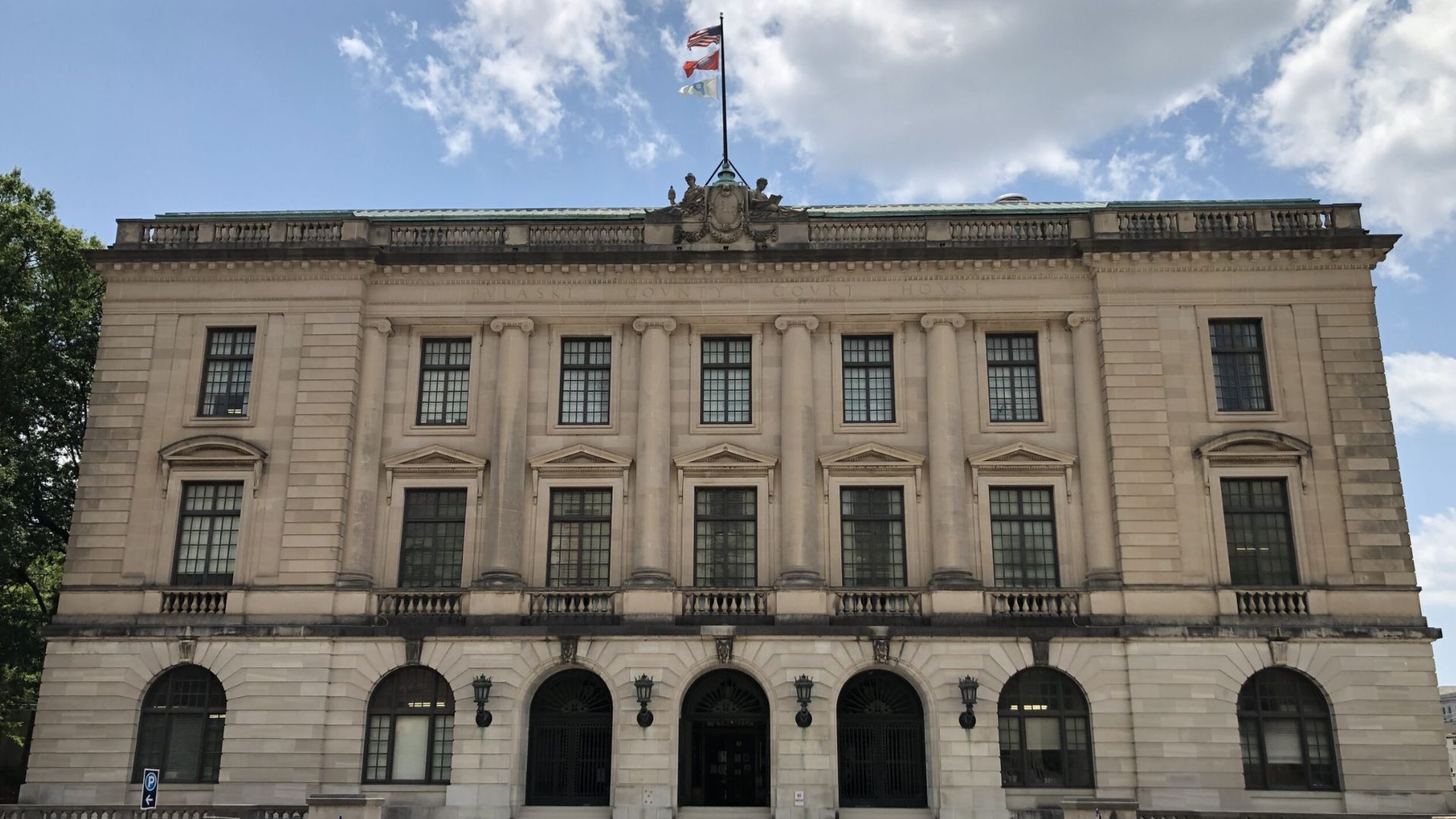Little Rock, Arkansas – In a decision shaped by court disputes and months of uncertainty, Governor Sarah Huckabee Sanders has announced a revised schedule for the upcoming special elections in Arkansas Senate District 26 and House District 70. The updated timeline, released from Little Rock this week, lays out a new path forward for two legislative seats left vacant under very different circumstances but now sharing the same election calendar.
The new dates mark a significant shift from the original plans set earlier in the fall. According to the governor’s proclamation, voters in both districts will now head to the polls on March 3, 2026, to choose their next representatives. Primaries for both seats are scheduled for January 6, with a runoff—if needed—set for February 3. Final certification of results is expected no later than March 13, 2026.
These adjustments come as a response to a circuit court order that challenged the governor’s initial timeline. Governor Sanders made it clear that she disagreed with the ruling but would proceed under the court’s directive while continuing to defend her authority over the scheduling process. “While I object to this ruling, I will comply with the court’s order and remain confident that on appeal, the law plainly giving me the authority to set special elections will be upheld, ensure our elections are free, fair, and secure, and protect the right to vote for our heroes who put their lives on the line to keep us free,” Sanders said in the proclamation.
Read also: Traffic stop on I-40 results in discovery of hundreds of pounds of marijuana and THC products
The situation has drawn attention not only because of the legal debate, but also due to the circumstances that created the vacancies. The District 70 House seat opened in September when former Representative Carlton Wing resigned, leaving the position unexpectedly empty. In the Senate, District 26 has been without representation since September 2, following the passing of longtime Senator Gary Stubblefield. Concerns about how long the district would be left without a voice ultimately sparked the lawsuit that challenged Sanders’ original election timeline.
Franklin County resident Colt Shelby, who filed the lawsuit, argued that the earlier schedule risked leaving constituents without representation for far too long. That challenge prompted the Arkansas Supreme Court to step in several times over the past weeks. Although the court denied Governor Sanders’ and Secretary of State Cole Jester’s request to pause the lower court’s ruling, it did grant Sanders an expedited review of the District 26 case. However, the request to combine that case with a related dispute over the District 70 election was rejected.
While the court activity continues, the state’s election preparations are already in motion. Filing for party candidates and independents ran from November 3 to November 12, 2025, with petitions for independent candidates accepted until November 26. Ballot drawings, certification deadlines, and other administrative steps will proceed according to the schedule in the governor’s order.
For now, both districts move toward 2026 with a clearer sense of the timeline, though the legal framework surrounding the scheduling authority could still shift depending on the outcome of the appeals. What remains certain is that the voters of Districts 26 and 70 will soon get the chance to select their new representatives—an opportunity that many residents and local officials say is long overdue.
If you want, I can also generate headlines for this article or create a shorter or longer version!



















